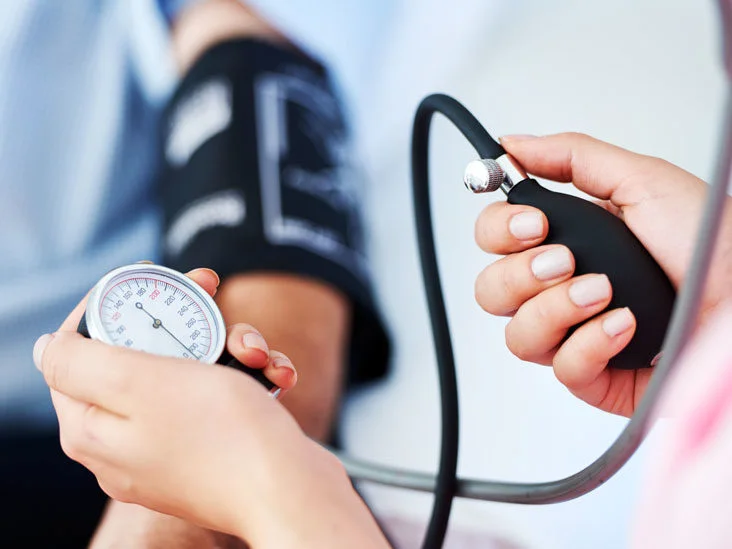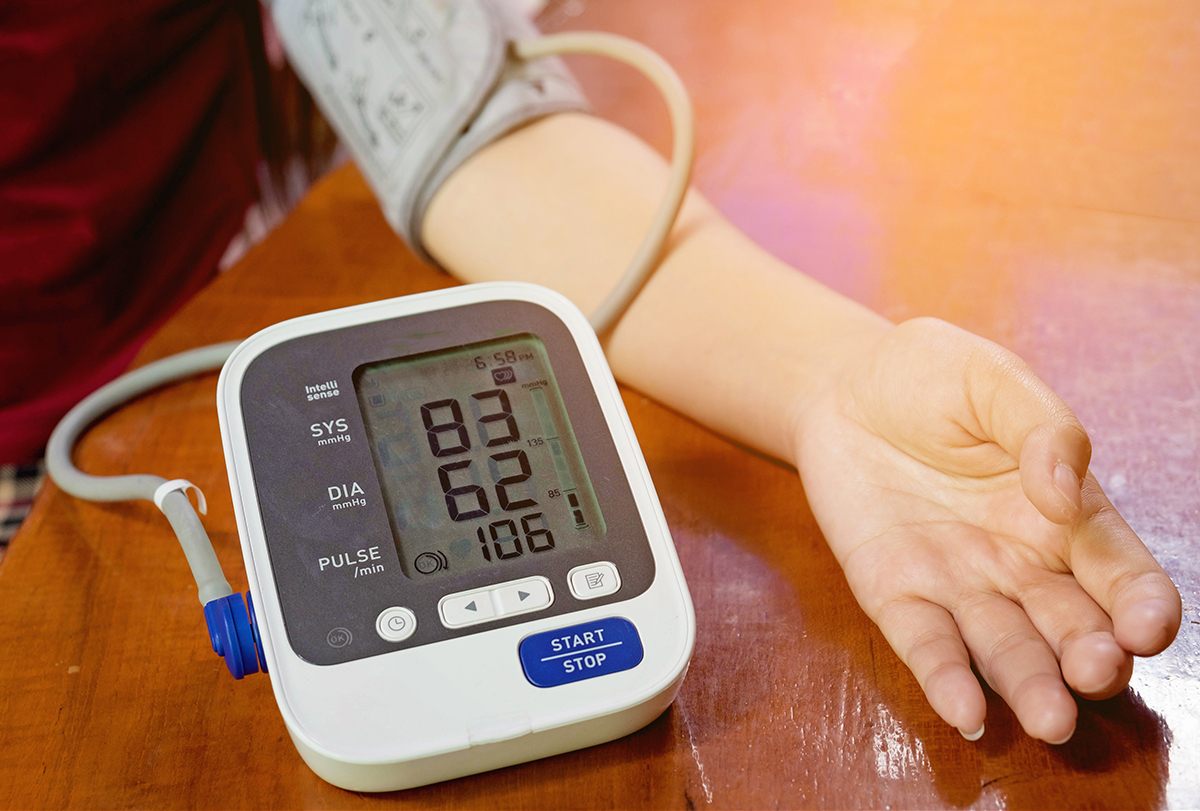Garlic is the edible bulb from a plant in the lily family. It was traditionally used for health purposes by people in many parts of the world, including the Egyptians, Greeks, Romans, Chinese, and Japanese. Currently, garlic is most commonly promoted as a dietary supplement for conditions related to the heart and blood vessels, including high blood pressure. Garlic is low in calories but highly nutritious.
Benefits of Garlic
- Garlic Helps Boost Your Body’s Immune System
- Garlic Helps Reduce High Blood Pressure
- Garlic Helps Reduce Cholesterol Levels
- Garlic Can Help With Prevention of Cancer
- Garlic Has Antibiotic Properties
- Garlic May Prevent Alzheimer’s and Dementia
- Garlic Can Improve Athletic Performance
- Garlic Helps Detox Your Body
- Improves bone health
Nutritional Facts Of Garlic
A single clove (3 grams) of raw garlic contains :
- Manganese: 2% of the daily value (DV)
- Vitamin B6: 2% of the DV
- Vitamin C: 1% of the DV
- Selenium: 1% of the DV
- Fiber: 0.06 grams
This comes with 4.5 calories, 0.2 grams of protein, and 1 gram of carbs.
Risks Of Garlic
The most common side effect of ingested garlic is breath and body odor. Consumption of excessive amounts of raw garlic, especially on an empty stomach, can cause gastrointestinal upset, flatulence, and changes in the intestinal flora. Some people have allergic reactions to garlic. Taking garlic supplements may increase the risk of bleeding.
When applied to the skin: Garlic products are possibly safe. Gels, pastes, and mouthwashes containing garlic have been used for up to 3 months. But garlic might cause skin damage that is similar to a burn. RAW garlic is possibly unsafe when applied to the skin. It might cause severe skin irritation.




